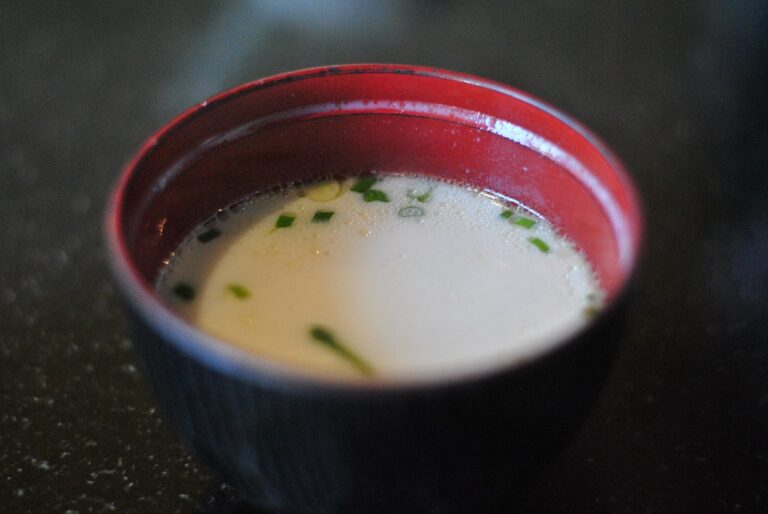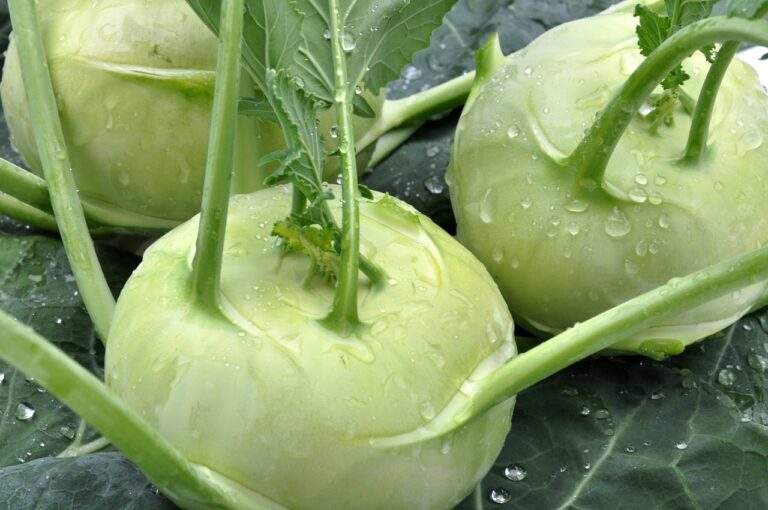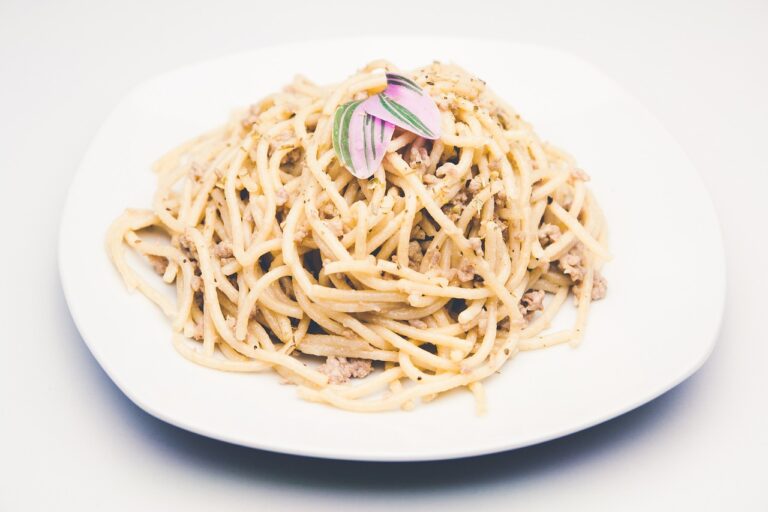The Role of Olive Oil in Celebrating Culinary Diversity: 99 exch, Lesar 247.com, Yolo247 login
99 exch, lesar 247.com, yolo247 login: Olive oil is not just a kitchen staple – it is a symbol of culinary diversity and a key ingredient in celebrating various cuisines from around the world. From Mediterranean dishes to Middle Eastern delights, olive oil plays a vital role in enhancing flavors, adding richness, and bringing a unique twist to traditional recipes. Let’s delve into the importance of olive oil in celebrating culinary diversity and how it has become a unifying element in global cuisine.
**Exploring the Mediterranean Flavors**
The Mediterranean region is renowned for its vibrant cuisine, characterized by fresh ingredients, bold flavors, and a focus on healthy eating. Olive oil is at the heart of Mediterranean cooking, serving as the primary source of fat in dishes such as salads, grilled vegetables, and seafood. Its fruity aroma and robust taste can transform a simple dish into a culinary masterpiece, reflecting the rich cultural heritage of the Mediterranean.
**Embracing Middle Eastern Cuisine**
In Middle Eastern cuisine, olive oil holds a special place, being used in both savory and sweet dishes. From drizzling over hummus to marinating meats for kebabs, olive oil adds depth and complexity to Middle Eastern recipes. Its versatility allows it to be used in a variety of cooking techniques, from frying to baking, making it an essential ingredient in the Middle Eastern kitchen.
**Infusing Italian Flair**
Italian cuisine is synonymous with olive oil, with different regions producing unique varieties that are prized for their distinct flavors. Whether used in pasta sauces, salad dressings, or as a finishing touch on pizza, olive oil is the cornerstone of Italian cooking. Its silky texture and bold taste elevate Italian dishes to new heights, capturing the essence of Italy’s culinary tradition.
**Elevating Asian Fusion**
While olive oil may not be a traditional ingredient in Asian cuisine, its adaptability has made it a popular choice in fusion cooking. In dishes like stir-fries, curries, and noodle soups, olive oil can add a luxurious touch and subtle hint of flavor, bridging the gap between East and West. Its lightness and health benefits make it a desirable option for those seeking to incorporate a touch of Mediterranean influence into their Asian-inspired creations.
**Celebrating Global Fusion**
In today’s multicultural world, culinary traditions are continually evolving, blending flavors, techniques, and ingredients from different cultures. Olive oil has seamlessly integrated into this global fusion, serving as a unifying element that transcends borders and traditions. Whether in a French ratatouille, a Moroccan tagine, or a Mexican salsa, olive oil brings a touch of sophistication and complexity to dishes, celebrating the diversity of culinary heritage.
**FAQs:**
**1. Is olive oil suitable for all types of cuisines?**
While olive oil is commonly used in Mediterranean and Middle Eastern cuisines, it can be incorporated into various dishes from around the world. Its versatility and adaptability make it a valuable ingredient in both traditional and fusion cooking.
**2. What are the health benefits of olive oil?**
Olive oil is rich in monounsaturated fats, antioxidants, and anti-inflammatory properties, making it beneficial for heart health, lowering cholesterol levels, and reducing the risk of chronic diseases. It is also a good source of vitamin E and essential fatty acids.
**3. How should olive oil be stored to retain its freshness?**
To preserve the quality and flavor of olive oil, it should be stored in a cool, dark place away from direct sunlight and heat. It is best kept in a tightly sealed container to prevent oxidation and spoilage. Ideally, olive oil should be consumed within a few months of opening to ensure optimal taste and aroma.
**4. Can olive oil be used for high-heat cooking?**
Extra-virgin olive oil has a lower smoke point compared to other cooking oils, making it unsuitable for high-heat cooking methods like deep-frying. However, refined olive oil or light olive oil are better options for saut驮g, stir-frying, and baking at higher temperatures.
**5. What are the different types of olive oil available?**
There are several types of olive oil, including extra-virgin olive oil, virgin olive oil, refined olive oil, and olive pomace oil. Each type has its unique characteristics, flavor profiles, and culinary uses, ranging from salads and dipping sauces to marinades and baking.
**6. How can olive oil be used in vegan and plant-based cooking?**
Olive oil is a versatile ingredient in vegan and plant-based cooking, adding richness and depth to dishes without the need for animal products. It can be used in dressings, marinades, sauces, and desserts, providing a healthy and flavorful alternative to traditional cooking oils.
In conclusion, olive oil plays a crucial role in celebrating culinary diversity, bridging cultures, and bringing a touch of sophistication to global cuisine. Its rich history, health benefits, and versatility make it a kitchen essential that transcends geographical boundaries and cultural traditions. By embracing the magic of olive oil, we can embark on a culinary journey that highlights the beauty and richness of diverse flavors from around the world.







